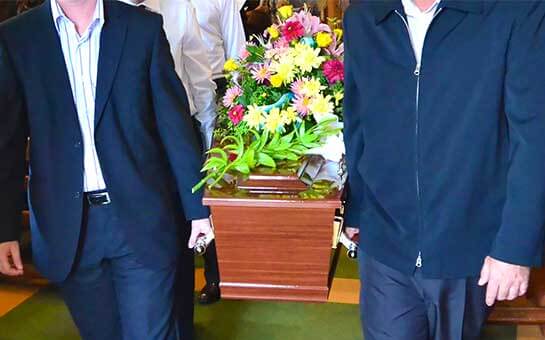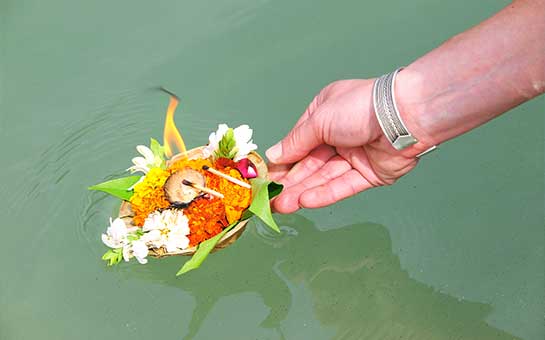When traveling outside the home country or visiting the U.S., it is very important to purchase travel insurance or visitors insurance that covers the return of mortal remains.
Return of mortal remains, or repatriation of mortal remains simply means the transportation of an insured person's deceased body back to their home country, and the other formalities associated with it.
When a family member passes away, it can be a difficult time regardless of the situation. This can become much worse when the family member is in a foreign country.
Repatriation of mortal remains cost can vary due to a number of factors, such as the distance traveled, location of death, government regulations in the country of death and the home country, weight of the deceased person, etc. It may cost from $5,000 to $15,000, or more.
Apart from the financial burden, navigating the formalities in a foreign country may be very difficult, worsened by unfamiliar laws, culture and language. Therefore, repatriation insurance is a very useful benefit that is included in most travel insurance plans, but the benefit amounts may vary.
Return of Mortal Remains Benefits in Visitors Insurance
Even though each visitors insurance product may vary in terms of specific details, overall they all work similarly.
Return of mortal remains benefit would generally pay for and/or arrange for the following:
- Removal of the body from the hospital.
- Coordinating the post mortem exam (if necessary) and/or dealing with local police.
- Embalming, as it is required for any international transportation and it must be done within 24 hours of death.
- A coffin or container appropriate for international transportation of remains.
- Coordination with the Embassy/Consulate for cancelling the passport, getting import certificate and other customs/government formalities.
- Transfer to the airport.
- Shipping costs, such as air or ground transportation.
Bodily remains or ashes are generally transported to the airport or moved by ground transportation to the terminal nearest the deceased insured's primary residence in his/her home country.
Conditions for Return of Mortal Remains Benefits
In order for any benefits to apply:
- The conditions and restrictions in the insurance policy must be met.
- Death must have occurred outside of the home country.
- Some travel insurance plans cover return of mortal remains only if the death occurs from a covered sickness or injury. On the other hand, some travel insurance plans cover it even if the death is related to Pre-existing conditions.
- All arrangements must be coordinated and approved by the insurance company's emergency assistance department.
- The insurance company will not be held liable in case of loss, any damage, or other impairment to bodily remains incurred during the process or otherwise.
During the entire process, the insurance company's emergency assistance department will be in touch with close family members or next-of-kin to coordinate and provide updates.
Local Burial or Cremation
As more people started buying visitors insurance from U.S. based companies for their relatives visiting the U.S., this benefit was designed so that the burial or cremation can be done locally, as an alternative to embalming first, then sending the dead body to the home country. E.g., Hindus cremate their deceased (except in case of infants), instead of burying them.
The benefit limit for local burial or cremation is usually different than the one for the return of mortal remains.
You can get the benefit either for local burial/cremation or repatriation of remains to the home country, but not both. In other words if the visitor meets their demise in the U.S., you cannot be paid for local cremation in the U.S. and for the transportation of ashes back to their home country.
Return of Mortal Remains Exclusions
- In case the benefit of repatriation of mortal remains to the home country is selected, the cost of subsequent burial or cremation is not covered.
- Costs incurred for religious practitioners, flowers, music, food or beverages are excluded.
Can't find answers to your questions?
Ask our specialists - Licensed and experienced insurance professionals in the U.S.

